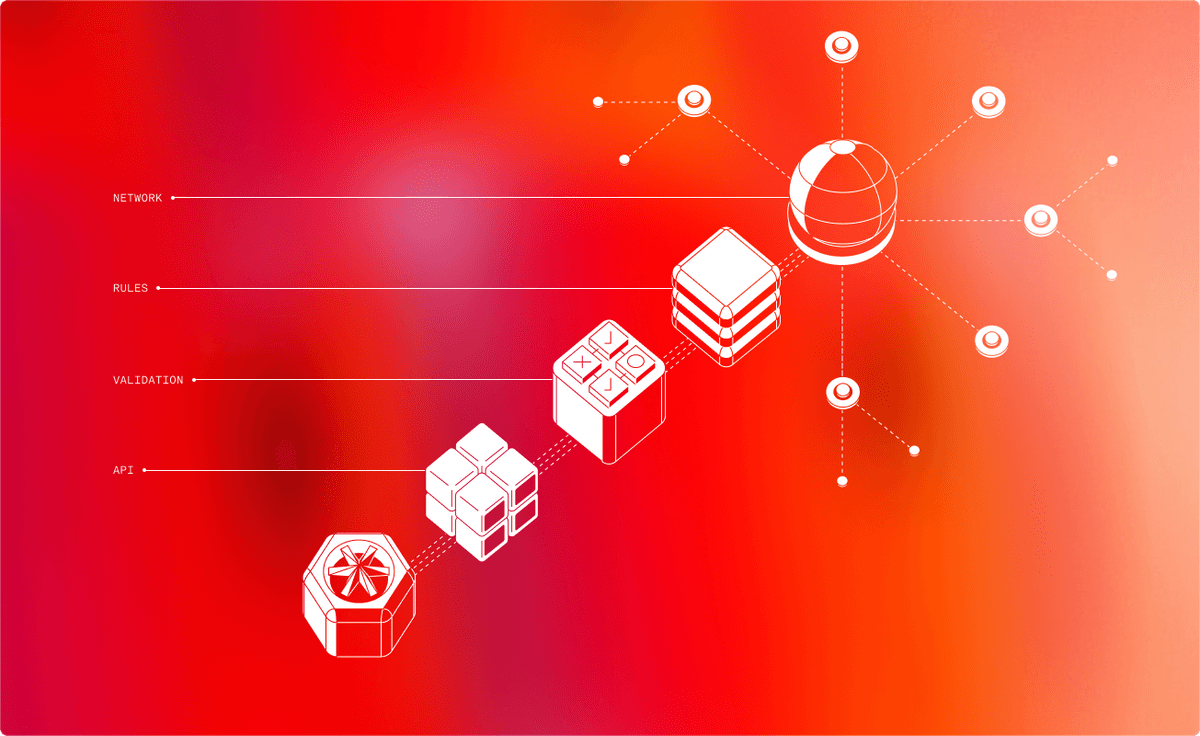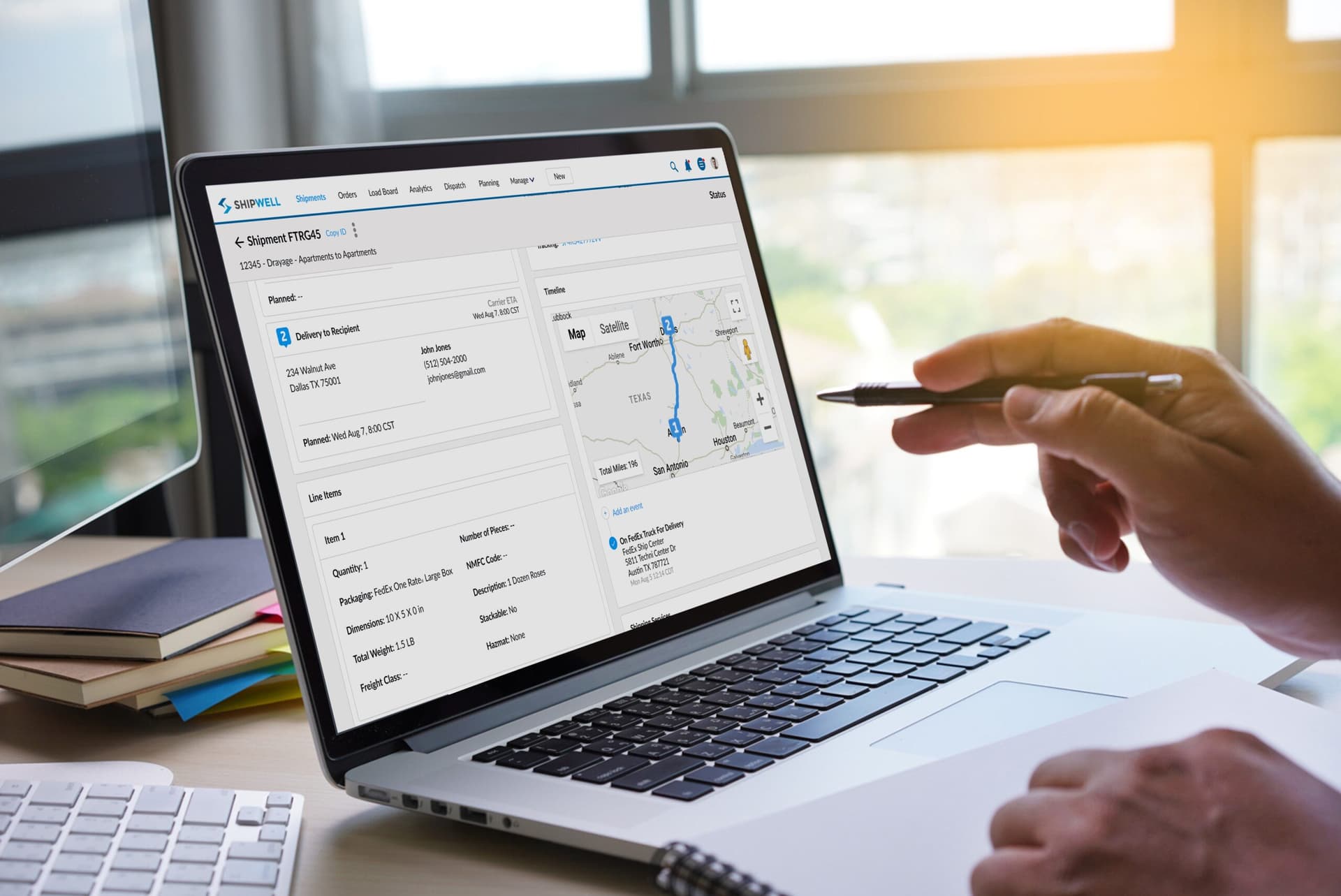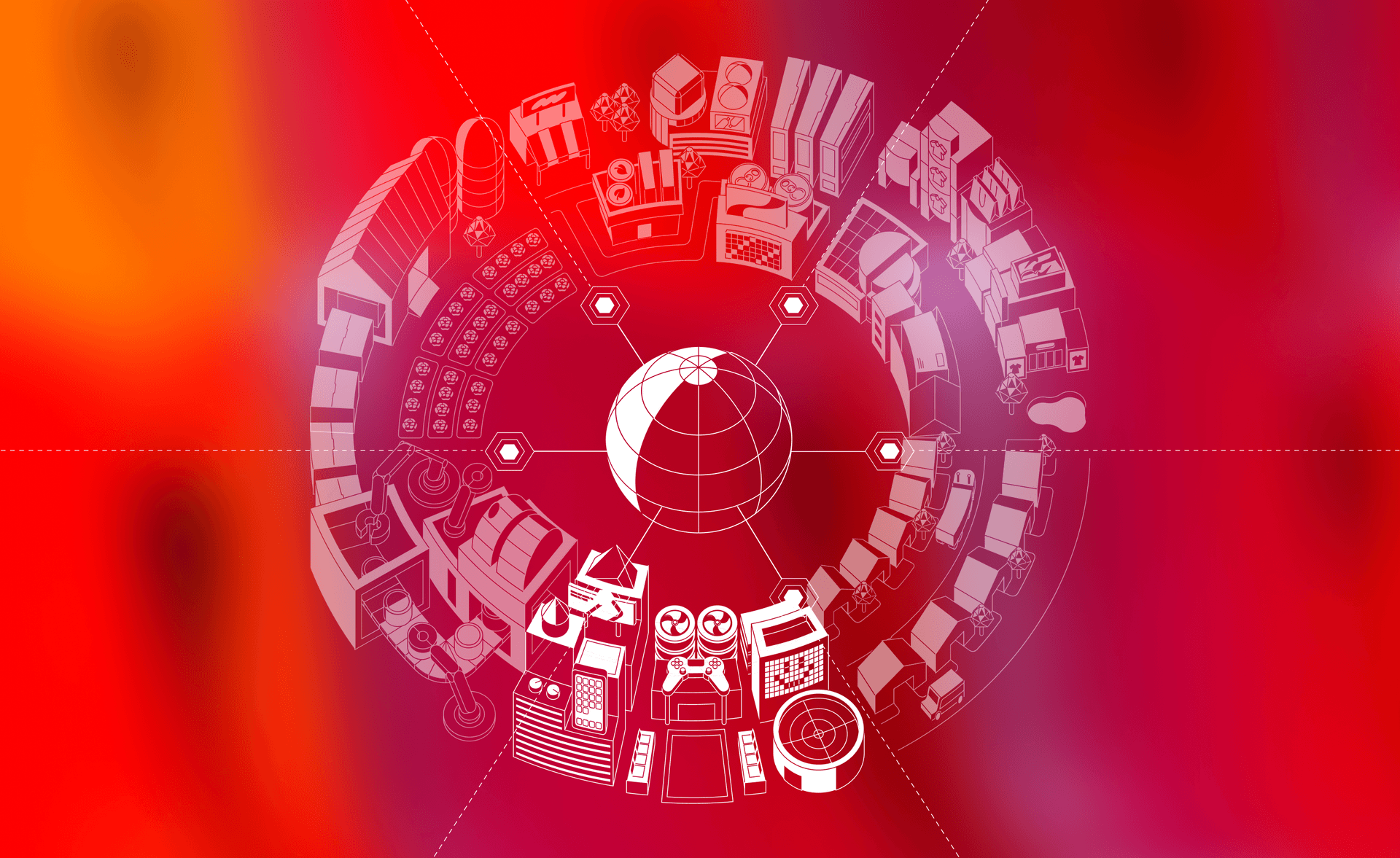Orderful’s VP of Product explains why we’re planning for a future without EDI mappers.
At first glance, EDI mappers have seemingly become immovable pieces of modern supply chain architecture. But here at Orderful, we are challenging that assumption. For too long, the industry has accepted the fact that these tools are essential without digging into the root causes that make them valuable.
Our VP of Product Management, Tom Abbott, believes that by returning to first principles, we can break through the current status quo and imagine a future without EDI mappers. “I think that a better way to think about the problem is to go back to your primitives and focus on a very specific problem statement, the solving of which can make peoples’ lives easier.”
If this transformative idea is taken to its natural conclusion, it can radically shift the nature of supplier-retailer relationships and the broader ecosystems they support.
It’s time for us to carve out a new path.

The EDI Mapping Quagmire: A Barrier to Growth
Any B2B relationship between partners is delicate with both parties seeking to align incentives and technology, while also protecting their own margins and administrative overhead. This can be seen in EDI mapping, where a supplier needs to configure their purchase orders, invoices, goods received notes, and other documentation to integrate neatly into the ERP system of the retailer they’re working with.
This work might be justified if you were only working with one partner that uses one particular system, but the reality is that most suppliers have to repeat this process again and again as they expand their business and the number of partners they work with. Every new integration eats up precious developer time and slows down the ability to run pilot projects and scenario tests – which in turn stymie growth potential. As Abbott suggests: “This incremental work is a barrier that you have to get over to be able to trade with a trading partner. This barrier, from my standpoint, is unnecessary.”
This many-to-many problem was the driver for the entire industry of EDI mappers, EDI translation software, and EDI delivery software. While these tools have proven helpful in solving this second-order problem, they mask the fact that a lack of standardization has caused a rot in the foundations of this technology – and that, if we looked at things from first principles, we would discover that the opportunity cost here was massive. It’s cumbersome, repetitive, and is no more than a chore that needs to be completed – which isn’t precisely the inspiring contribution that you’re hoping for from a critical enabler in your technology stack.

How Protocol Standardization Can Transform EDI
You don’t have to look far to find examples of where technology protocol standardization has unlocked tremendous value for the ecosystems in which it operates. Innovations like OAuth2.0 and OpenID Connect show how powerful it can be to build standardized infrastructure that sits at the base of the technology stack, allowing developers to abstract those tasks away and focus instead on the value-adding pieces of the tools that they are building. In this case, these technologies standardized sign-ins, allowing authentication to become a building block that you borrow, rather than something that you have to build from scratch.
The hard work is done once upfront and then can be leveraged in various contexts – a simple but highly effective strategy for optimizing interactions between different organizations and users and focusing efforts where they truly matter. We must see this approach replicated in the EDI industry; the status quo is simply not working. The modern business landscape demands agility and tight feedback loops, and this is not something that can be achieved when the many-to-many problem is rampant. Standardization opens the door to a future where suppliers can rely on a one-to-many solution that streamlines their integrations and radically reduces their administrative overhead.

The One-To-Many Solution from Orderful
Orderful’s mission is to pioneer this revolution by introducing seamless standardization that ensures our customers can integrate once and scale quickly and efficiently to infinite retailers. Our unified platform simplifies trading partner connections and transaction management, giving suppliers back the time, effort, and resources they typically spend on laborious EDI mapping for each new retailer.
This core functionality is combined with various analytical tools that can digitize trading guidelines before transforming and validating key data sets (in real-time) to reduce errors and delays that clog up the supply chain process. For example, Mastery Logistics, a logistics juggernaut, increased its transaction volumes by 50% by launching 44 new EDI relationships over just 5 weeks. This was only possible by leveraging Orderful’s unified platform that cut the tender times from hours to minutes and freed the company to aggressively seek new opportunities, knowing they had the back-end support to manage any incoming demand.
By simply achieving faster onboarding and reduced supply chain complexity, companies of all kinds can liberate themselves from the mess that is EDI mapping and set themselves up for scaling their operations as far as their ambitions will take them.
Evolving EDI: The Blueprint for Modern Integration
EDI practices have to evolve with the times. Orderful is committed to building a modern, streamlined infrastructure that removes integration bottlenecks and allows suppliers to be much more agile as they seek to win market share in their respective sectors.
While there will always be a need for EDI mappers (in a few uniquely complex scenarios) we hope that businesses can get out of the weeds for long enough to recognize that a digital transformation is coming and that for most use cases, these mappers are not necessary. The future of EDI is in greater standardization, more intuitive technological infrastructure, and a streamlined set of protocols that allow suppliers to focus on what they do best – growing their organizations.
Which side of history will you stand on?
.avif&w=1920&q=75)